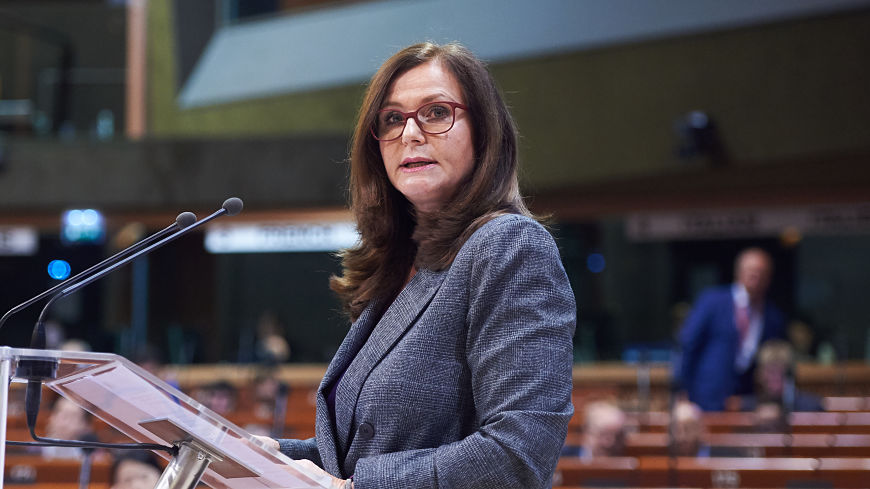In recent months, scandals related to the harassment and sexual abuse of women have erupted and no environment - political, artistic or civil society - has been spared. Women all around the world decided to break the silence and speak out, giving rise to movements such as the #MeToo campaign on social networks.
On the occasion of 8 March, when we celebrate Women's Day, I would like to give my full support to all those women and men who are fighting to stop the abuse, violence and injustice done to women in our societies - societies which are all too often marked by inequality, patriarchal attitudes and impunity.
It is by strengthening the position of women in society and by increasing their presence in all public spheres that we can get things to improve.
The Congress of Local and Regional Authorities of the Council of Europe has for a long time been committed to promoting better representation of women, particularly in politics. We believe that the involvement of women at grassroots level is the starting point. The more local politicians there are, the easier gender balancing and representation at the national level will be.
To mark this day, I call on all men and women of goodwill to commit themselves to making our societies safer and more equitable for women and let the voice of those who speak out be heard




